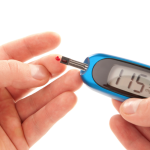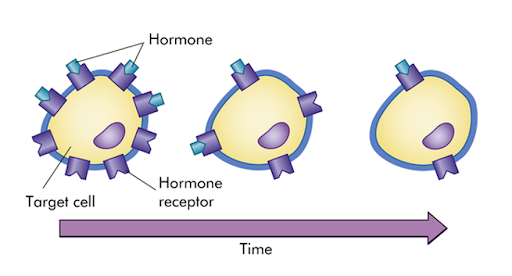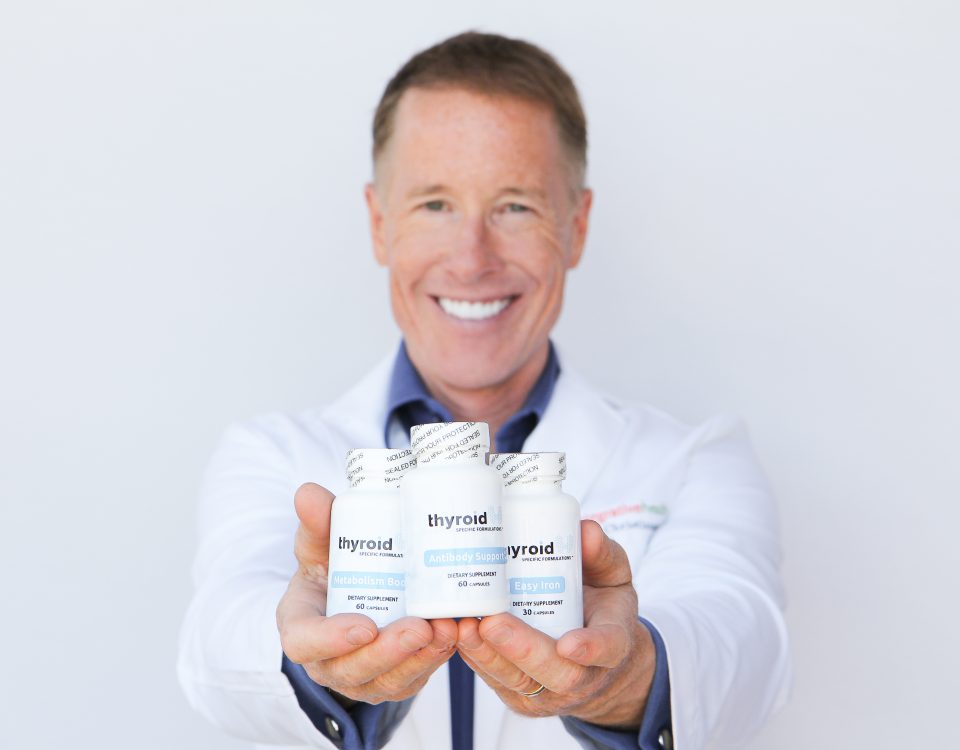Can Melatonin Make Hypothyroidism Worse?
When it comes to melatonin and the thyroid, melatonin may prevent thyroid cell proliferation and can interfere with thyroid hormone synthesis. While this may actually be beneficial for people with hyperthyroidism (overactive thyroid), it may be problematic for people with normal thyroid function and even more so for those with hypothyroidism. People who take melatonin regularly should check their thyroid levels to ensure that they’re optimal.
It should also be noted that it may not just be melatonin that hinders an already underactive thyroid. Poor sleep quality also negatively impacts the thyroid because of the increased stress it causes in the body. While melatonin can make hypothyroidism worse, it’s not the only factor.
Remember This About Using Melatonin for Sleep
If you remember only a few things from today’s article, I want you to remember that the most effective doses of melatonin for the thyroid appear to be 100-200 micrograms for adults.
While melatonin can work in the short term, it is not a safe or reliable option to ensure great quality sleep. In fact, it can have the opposite effect, and bigger doses of melatonin can make hypothyroidism worse.
That’s because supplementing too much melatonin can take away your body’s own output. Your body becomes unable to make amounts it would otherwise be able to make on its own thyrotonin.
But, the issue has little to do with melatonin and the thyroid itself and everything to do with the dose. Small doses can not only help, but they can be incredibly safe or used long-term.
Introducing Thyrotonin
All of this discussion helped me envision and create a new product that I thought would help, and would also balance out a lot of the options currently available on the market.
I call it Thyrotonin. The amount of melatonin and the thyroid are linked, and those suffering from thyroid disease simply have different requirements to get the right amounts.
This is made in a 100-microgram capsule. The usage is 1-2 capsules, around 30 minutes before bed, on an empty stomach.
It’s that easy. It can be used on a regular basis, but few people need it regularly. Between its effects and some sleep hygiene tips, you can get back to quality sleep in a hurry.
It is also helpful for those looking to reset their sleep schedule. If you are feeling jetlagged, you could consider taking three capsules, 30 minutes before sleep, again on an empty stomach.
There is a direct link between melatonin and the thyroid, and supplements can help if they are taken safely. I hope this helped answer some of your top questions, while also introducing you to the benefits of Thyrotonin today.













